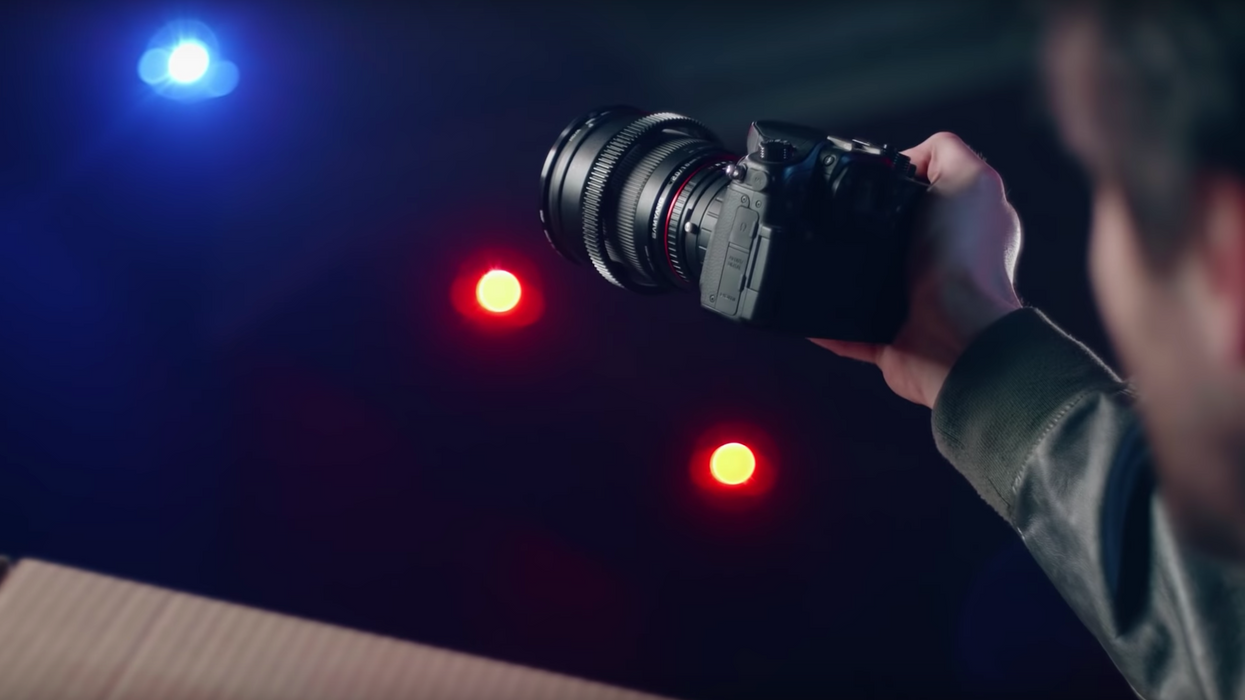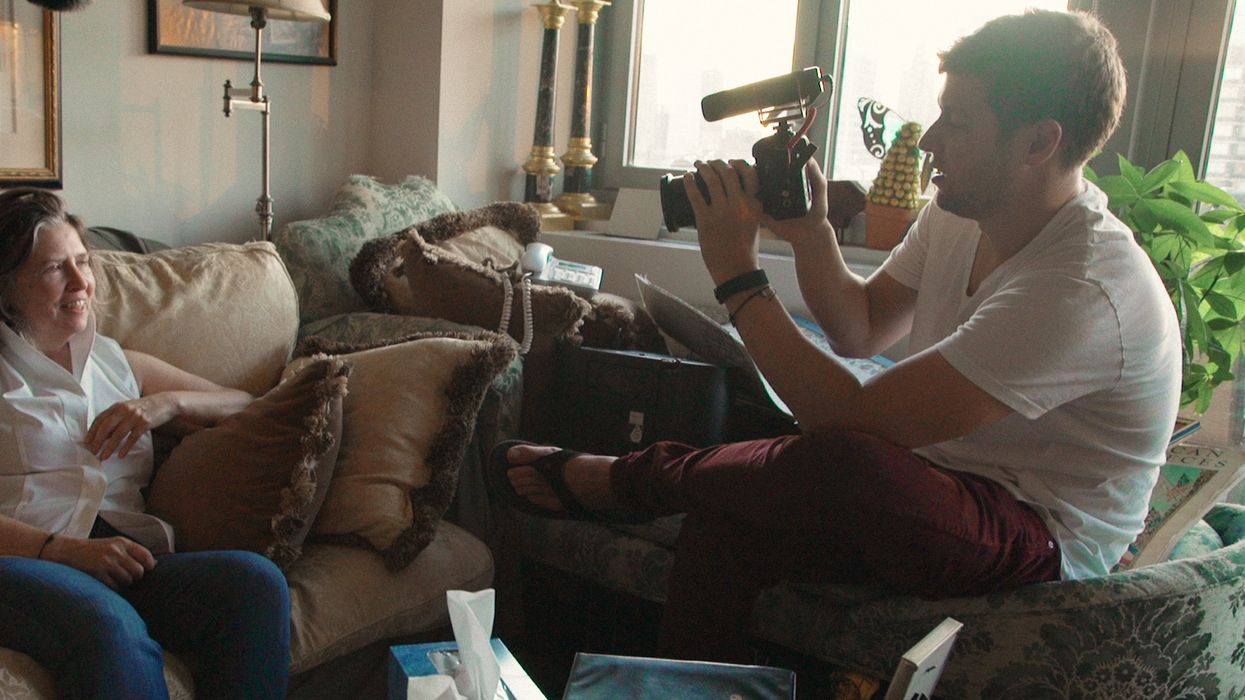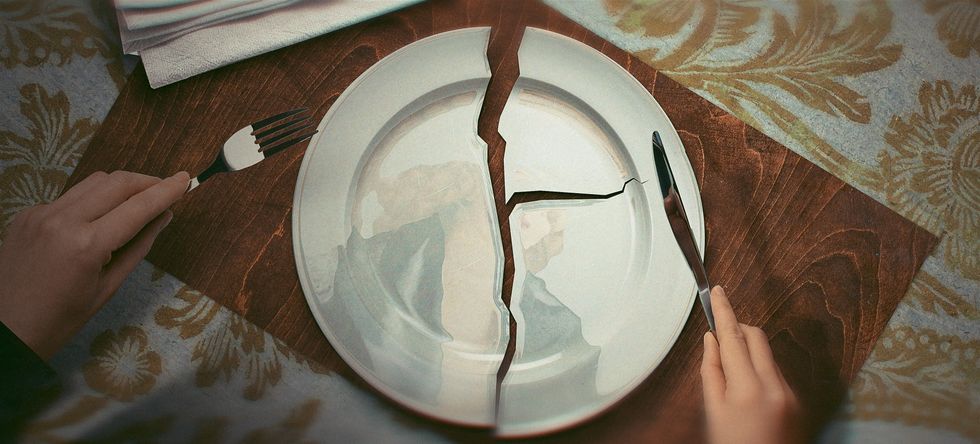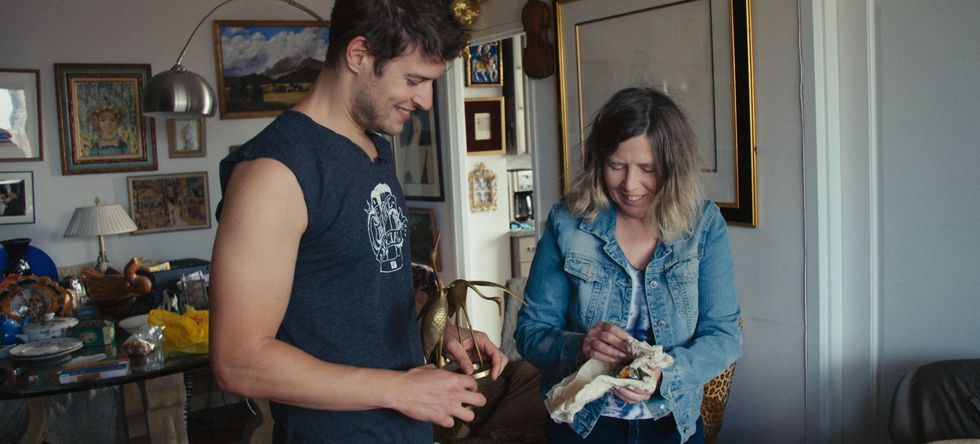Make Better Films by Avoiding These 5 Beginner Mistakes
You're going to make mistakes as a filmmaker, but maybe you won't have to make these ones.

Filmmakers are humans, so it stands to reason that they are, in fact, completely fallible. It doesn't matter if you're the ultra-gifted second-coming of Kubrick himself—you're going to make mistakes and it's going to suck when you do. That's why it's so helpful to hear from other filmmakers who have experienced the pang of a poorly white balanced shot or the burn from grabbing lights without gloves to warn you about the potential pitfalls of this kind of work.
In this video, Jordy Vandeput of Cinecom discusses five mistakes he made early on in his filmmaking career in hopes that you can learn how to avoid them. Check it out below:
Let's quickly go over the five mistakes Vandeput mentions in the video:
Spending too much money on a camera
I'm 100% guilty of this. I've talked about this a couple of times here on No Film School, but when I was a poor college student, I decided to take the allotment I received for one semester and go buy a camera that made my shitty footage "look like a real movie." The problem with that, other than, you know, not having money to pay for my education, is that I didn't invest in equipment (lights, stabilizers, LENSES) that would actually have some staying power. In fact, that camera was pretty much obsolete within two years, when everybody and their mom started using DSLRs.
Pro Tip: If you've got money to burn, don't go for the giant explosion, go for the small but long-lasting fire.
Preparing too much or not enough
There are usually two types of beginner filmmakers: those that prepare too little and those that prepare too much. Both can be problematic. If you prepare too little, clearly you're going to run into a plethora of problems, from forgetting important gear at home to running out of time on a time-sensitive shoot. However, if you prepare too much, you run the very real risk of never getting out of the pre-production stage. You continue to overthink for weeks or months until the entire endeavor seems overwhelming and overly complicated.
A good thing to do is to give yourself a specific (and therefore limited) amount of time to prepare—just enough to get enough of your ducks in a row. Once you hit that deadline, stick to it. Begin production. No, you won't be 100% prepared for everything, but 1.) that's filmmaking, and 2.) it's actually kind of better that way.
Not being yourself
Do you want to be the next Kubrick? The next Spielberg? The next Kurosawa? Too bad. You'll never be those people because they were those people and you are, you know, you. It's awesome if you're inspired by the careers of these master filmmakers, and maybe you want your work to capture at least a little bit of the spirit or the look or the depth that they captured—but you're still you.
Find your own voice and your own style. Find out what kinds of stories you want to tell and figure out how you uniquely synthesize it through your own creative approach. Because anyone can be a poor man's Kubrick, Spielberg, or Kurosawa, but no one can be as "you" as you.
Not learning from the best
There are filmmaking resources everywhere! The internet is chock full of tutorials, guides, articles, and videos that will help you learn just about anything you want to know about every single phase of production. Just make sure you're learning from the best. And no, I don't necessarily mean the "best" filmmakers. I mean learn from sources that can teach you what you need to learn in the best possible way. Shane Hurlbut is an excellent DP and an excellent teacher, but maybe watching videos isn't going to give you that "aha" moment you're looking for. Maybe you'll get it from reading a textbook or listening to a podcast or just simply going out and shooting a short film with zero money.
Not paying attention to details
Everything matters in filmmaking, from the lenses you use to the food you serve. As a beginner, you focus so much of your time, money, and energy on the things that you might think are most important but aren't, like getting the best camera available to you—all the while failing to realize that your shot is totally screwed because you didn't think to level your shot with the horizon line. Top of the line gear can't save you from inattention, so stay sharp.
What are some mistakes you made at the beginning of your career? Let us know down below.
Source: Cinecom


 'Little Empty Boxes'https://littleemptyboxes.com/
'Little Empty Boxes'https://littleemptyboxes.com/ 'Little Empty Boxes'
'Little Empty Boxes'









